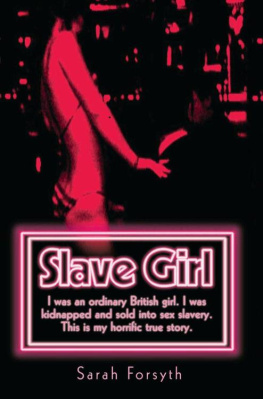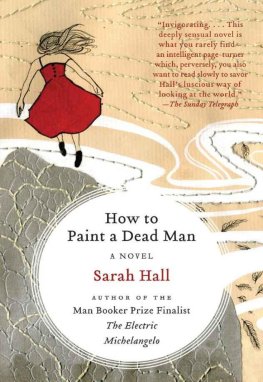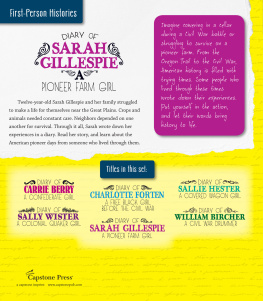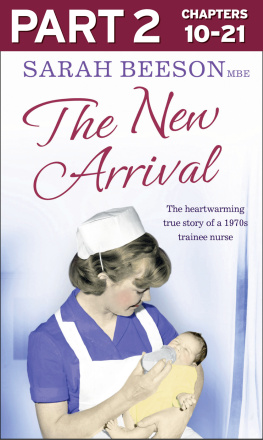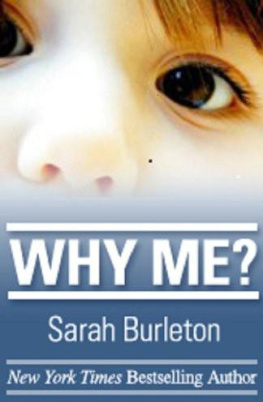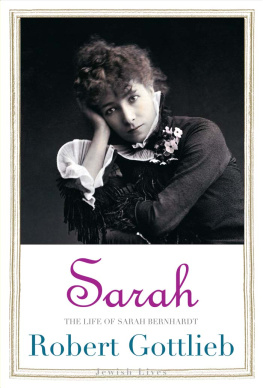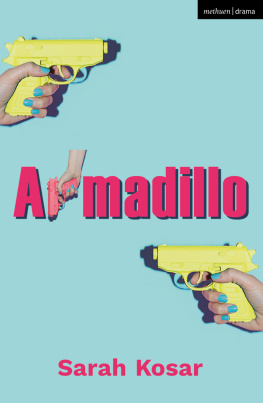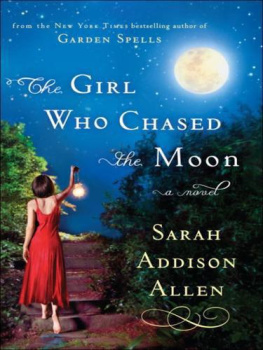Slave Girl
I was an ordinary British girl. I was
kidnapped and sold into sex slavery.
This is my horrific true story.
Sarah Forsyth
with Tim Tate
Contents
Foreword
O n any given day, between 4,000 and 8,000 women are being forced to work against their will in the sex trade in Britain. They have been trafficked here, generally from Eastern Europe or Africa, and sold by international criminals into British brothels. Sex trafficking transporting women and children across borders and forcing them into prostitution is a 21st-century form of slavery: a violent and callous trade run by organised crime gangs throughout the world.
But the traffic is not all one-way: British women are sometimes tricked into the sex trade in just the same way as women in less-developed countries. They are trafficked to the Red Light Districts of Amsterdam, Frankfurt and other European capitals, and they endure the same miserable and drug-ridden existence as those sold into sexual slavery in Britain.
No British trafficked woman has ever come forward to describe her ordeal until now.
The story of how Sarah Forsyth was tricked, trafficked and imprisoned in Amsterdams Red Light District is a dramatic and compelling insight into the closed world of international sex slavery. But the story of her life, abused first at home and then in care, and her long, difficult fight to survive is also the very human tale of a vulnerable young woman and her desperate journey to safety a journey that is only just ending.
I met Sarah while I was making a documentary film for ITV in 2007. The film was a 90-minute special in which veteran investigative reporter Roger Cook re-visited and updated many of his most famous campaigns of the previous 20 years. One of those was a disturbing investigation in 1997 into international sex trafficking: one section within the programme briefly told Sarahs story.
She had escaped from her ordeal a few years earlier and had helped to put her trafficker behind bars. But even so, she remained trapped in her own personal hell and, as the film depicted all too plainly, in 1997 Sarah was a complete wreck. She sat slumped in a chair, her make-up smeared and smudged, and her eyes all but invisible so far were they drawn back into her skull.
And her speech betrayed the reality of her life then: she slurred her words viewers must have thought her either totally drunk or very heavily sedated. As it happened, it was the latter. Even so, what she had to say what little she was able to enunciate about her ordeal in the shop window of the sex trade was harrowing in the extreme. As best she could she outlined an existence you couldnt call it a life in which she was forced to have sex with up to 17 men a day, seven days a week: but she also described truly inhuman cruelty.
After Id finished work I used to go to bed and sleep in a locked room, guarded by a bull mastiff dog. And then Id get a shower and get ready for work again. Sometimes after Id finished work they used to play Russian roulette with me.
The interview took place just two years after her ordeal and the memories of what she had witnessed were still fresh in her mind. One of those memories was of witnessing the murder of another prostitute apparently as part of an extreme pornographic video and being warned by the man who controlled her that she too could face the same fate.
He went, Watch it. If you dont win the money, he said, thats what will happen to you. He said, You are on a 50,000 contract to me, and, he said, if you dont make that money, Ill put you in a movie like this, and, he says, I can make a million off you.
And at the end of the interview, tears streaming down her ravaged face, and with gulped pauses between her words caused by emotion almost too powerful to watch, Sarah Forsyth somehow summoned all her strength to spell out clearly and chillingly what her ordeal had done to her.
I went from being a nursery nurse to that. And now my life is ruined. Everyone knows: Sarah was a prostitute.
Ten years later, I knew we had to find out what had happened to her. But Sarah wasnt easy to track down. She had, it seemed, disappeared from the face of the earth and I feared that she must have succumbed to the fate that seemed almost inevitable back in 1997: the lonely miserable death of an incurable drug addict. But as the weeks wore on, tantalising snippets of news came through: glimpses of a woman on the streets of towns and cities across the north-east who might have been Sarah, or reports to police and social workers which suggested she had at least been alive if not altogether healthy within the previous two years.
And finally, after many more weeks of diligent enquiries by one of the production team, Sarah was tracked down to a flat less than a mile from her original neighbourhood. She looked immeasurably better than I had feared, and in some ways she had come a long way from the girl whose traumatised face and body Id last seen on the Cook Report videotape ten years earlier. But appearances can be deceptive: Sarah was a long way from being either safe or better, and it would take many weeks of gentle, diligent work by every member of the team before we all felt she was strong enough to talk.
Throughout that spring and summer of 2007 I began to get to know Sarah Forsyth. Gradually, I became reassured that she had managed to put behind her the worst of what had been inflicted on her and was starting to take control of her life once again though I remained uneasy about whether the future would be as trouble-free as she plainly hoped.
But what really shone out was Sarahs determination that her story should be told not for catharsis or as some kind of vindication, but because she knows the reality of sexual slavery today, knows just what the thousands of women trapped in British brothels are being put through and wants the world to listen.
And so, at Sarahs request, this book is dedicated to them and to the victims of sex trafficking whoever, wherever, they may be.
Tim Tate
October 2008
Introduction
M ore than anything it was the dogs.
There were two of them bull mastiffs, sat on the other side of the door, day and night. I was locked in anyway, but if I even tried the handle the dogs would bark wildly and I knew that within seconds someone would be there to check on me. I was scared of the men who came running to the door of that shabby, dirty, miserable flat, but most of all I was terrified of the dogs. I knew what they could do would do, given the chance if the men let them at me.
Afterwards, thats what no one seemed able to grasp. Why didnt you run away? they asked. Surely you must have had some chance to escape?
But the dogs were always there. Between them and the men and the drugs they fed me day in, day out till I didnt know which way was up and Id reached that terrible place where I needed them as much as I hated them there wasnt a hope, really.
They knew that, of course. Theyd worked hard to get me like that: to get me hooked on crack cocaine. That, and scaring me beyond belief by blowing a young girls brains out in front of my face.
I staggered through those days, weeks and months, each day the same: men and drugs, more drugs and more men. My life was ebbing away as slowly as the water in the dirty brown canal which oozed towards the North Sea. How many men paid their 150 guilders for a few minutes of rough and selfish relief? I couldnt tell you: by the time I might have thought to keep count, I wouldnt have been able to.
How many rocks of crack, how many lines of coke or joints of strong, calming marijuana did I consume? I couldnt have tallied them up. Someone did, of course: nothing comes for free in Amsterdam, not in the Red Light District at any rate. And I paid the bill the bill for the drugs that dulled my brain while I sold my body in the shabby neon-lit window by the canal by selling myself again. A vicious cycle played out ten, fifteen times a day, seven days a week.

